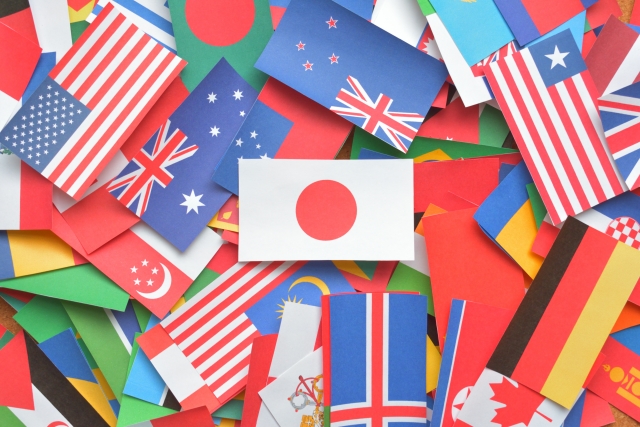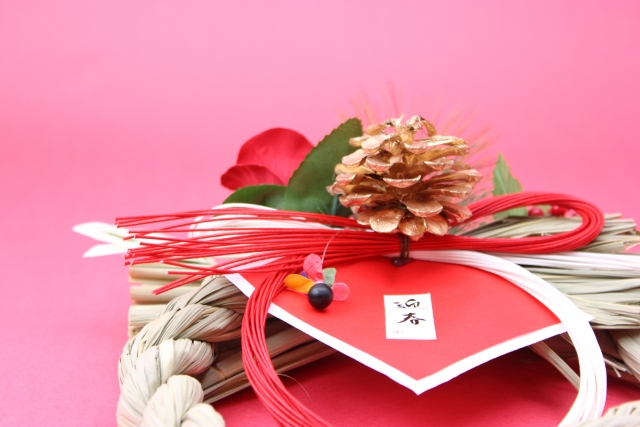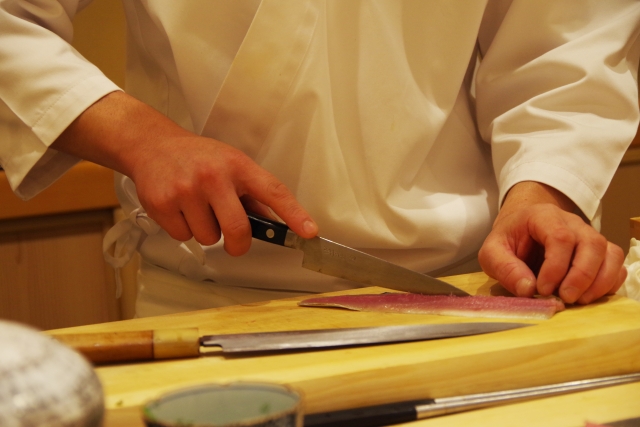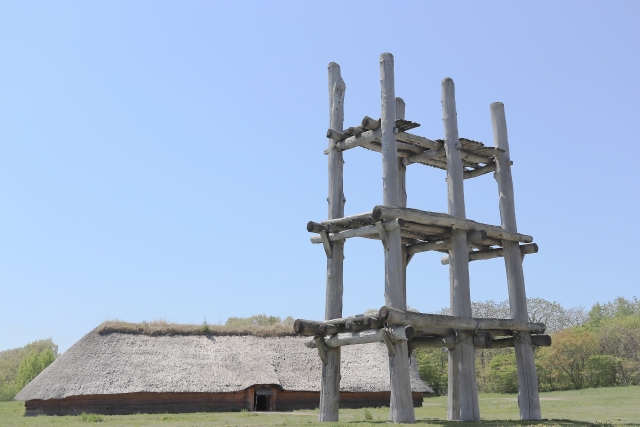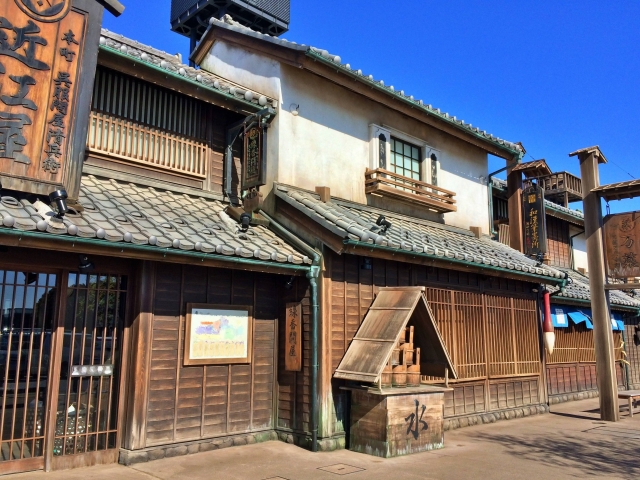
The term “Omi merchants” refers to merchants from Omi Province (present-day Shiga Prefecture) who were active from the medieval to modern times.
They did business all over Japan, mainly in the Edo period.
Various disciplines and behavioral philosophies were created and passed down from generation to generation as family traditions.
In this article, we will tell you about the “Sanpo-yoshi of the Omi merchants”.
What is the Omi Merchant?
Before the Meiji Restoration, Shiga Prefecture was called “Omi”, and the Omi merchants were merchants who used Omi as their home base to peddle local products all over the country.
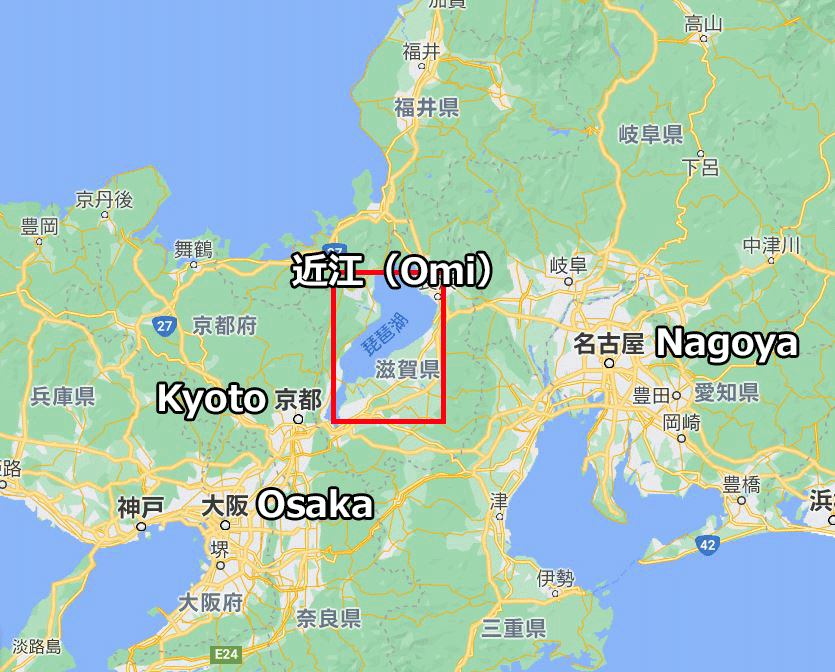
The Omi merchants developed greatly during the era of Oda Nobunaga (1534-1582), a feudal lord in the Warring States period.
Oda Nobunaga abolished unnecessary barriers and revitalized distribution to promote the city and its economy.
Later, Oda Nobunaga’s economic policies were taken over by Toyotomi Hideyoshi, and the Omi merchants developed dramatically in this era.
The Omi merchants had a “management philosophy” called “Sanpo-yoshi”.
It is said that one of the factors for the development of Omi merchants is the “Sanpo-yoshi” that has been passed down to the present day.
What is “Sanpo-yoshi”?
“Sanpo-yoshi,” which means “Good for the buyer, good for the seller, and good for the world,” is a business philosophy that the Omi merchants valued in order to gain trust.
It tells us that we should not do business only for the seller’s convenience, but also to satisfy the buyer from the bottom of our hearts and contribute to the development of the local community and the enhancement of its welfare through business.
- Continue to provide products that please many people without seeking only their own profit.
- Use profits to contribute to society. (e.g., providing free bridges, schools, etc.)
Corporate Social Responsibility (CSR)” in modern times
At the core of corporate management, companies are already doing the same thing as Corporate Social Responsibility (CSR), which is a voluntary activity to realize their own permanence and to build a sustainable future together with society.
The spirit of “Sanpo-yoshi” has been inherited by modern companies.
Probably, “Sanpo-yoshi” has another meaning: “future-oriented”.
We also have a
What will you leave behind in the future?
What will you pass on to the next generation?
We think it’s time to rethink these things with a sense of “Sanpo-yoshi”.


